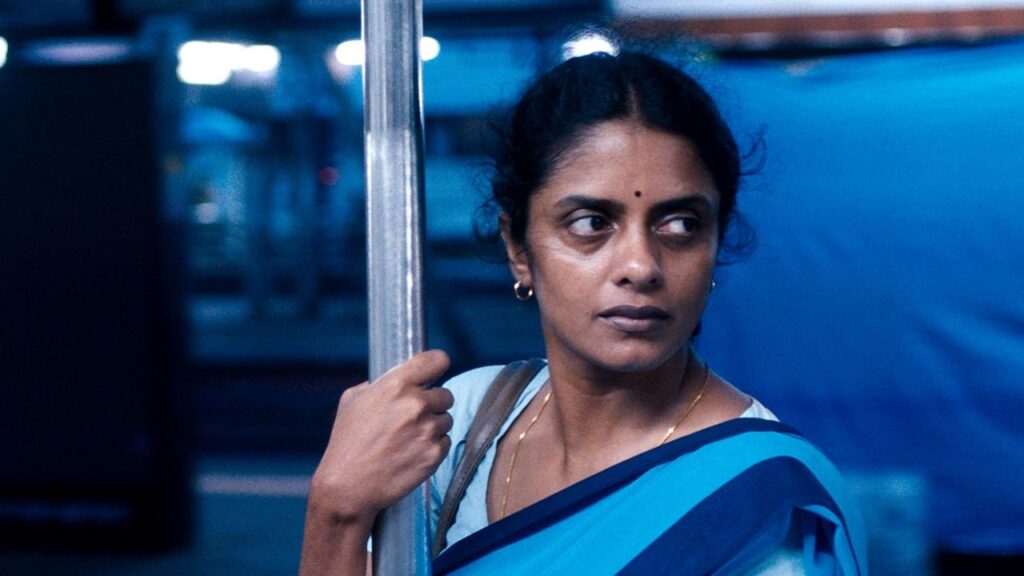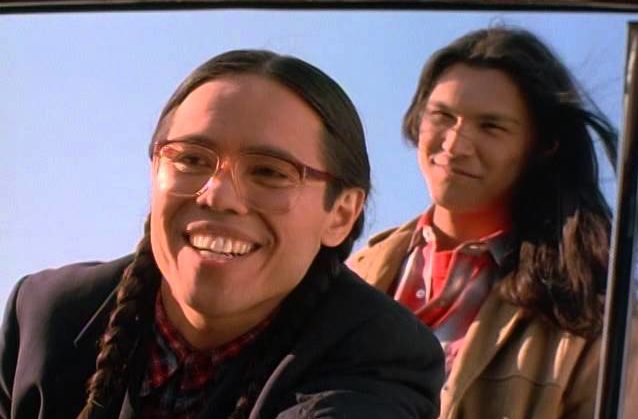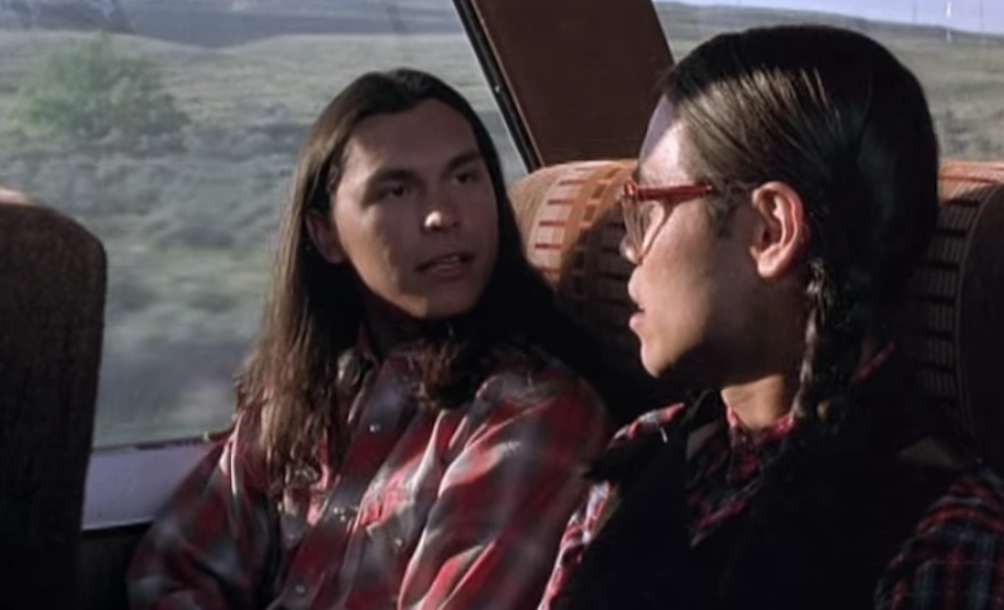
All We Imagine as Light, writer-director Payal Kapadia’s highly-praised first narrative feature, is the story of three women and their need to find fulfillment by casting off societal expectations. Kapadia introduces us to that society by immersing us in a contemporary Mumbai that is teeming with people who don’t each other, who speak a variety of languages, and who have come from some home village elsewhere.
Prabha (Kani Kusruti) is the highly proficient and respected supervising nurse at a Mumbai hospital. Prabha has a husband from an arranged marriage, who moved to Germany for work shortly after their wedding. Prabha doesn’t really know him, and she’s more in love with the idea of having a soul mate and life partner than she could possibly be with the guy himself, who has become more of an abstraction. He hasn’t called her in more than a year.
Still, she considers herself a married woman, and she comports herself as though her hubbie were putting on his slippers back at her apartment. . A gentle doctor at the hospital is sweet on her, but she won’t entertain the opportunity for a love match. A Western movie audience is thinking, “Move on, girl!“.
Prabha has taken a roommate, Anu (Divya Prabha), a peppy but immature and irresponsible student nurse. Anu spends every free moment sneaking around with her sweet boyfriend, in the mistaken belief that she is successfully hiding the relationship. Hher parents are insisting on an arranged marriage, and she knows that they would never accept her Muslim beau.
Prabha is friends with the hospital’s cook, Parvaty (Chhaya Kadam). Parvaty is a middle-aged widow who is being forced out of her shanty by high-rise developers. The most fun character in All We Imagine as Light, Parvaty is full of piss and vinegar. Seeking to finally secure a life, however impecunious, that she is in control of, Parvaty decides to move back to her seaside home village.
Prabha and Anu help Parvaty move her stuff. At the village, Prabha helps with an emergency on the beach and has a revelatory hallucination. How deeply you accept Prabha’s catharsis depends on how easily you accept magical realism in a movie.
The core of All We Imagine as Light is Prabha’s profound loneliness, even as she is living amid 22 million other people. Kapadia is also spotlighting and criticizing both traditional Indian society, where women don’t even control who they are married to, and the inequities of untempered capitalism.
All We Imagine as Light won the second prize at Cannes and is universally acclaimed by critics. The Indian film authorities failed to submit All We Imagine as Light for the Best International Film Oscar – which, given the reaction of the American film community, was a huge misfire.
The NYT’s Manohla Dargis, who picked All We Imagine as Light as her number one movie of 2024, wrote, “It’s the kind of modestly scaled and lightly plotted international movie — with characters who look and sound like real people, and whose waking hours are set to the pulse of life — that can get lost amid the year-end glut of Oscar-grubbing titles. ” That is undeniably true, and, although it’s a fine film, All We Imagine as Light didn’t make my list of Best Movies of 2024 (although six indies by other emerging female directors did).
I think that there’s a lot to Howard Hawks’s definition of a great movie – three great scenes and no bad ones“. There’s one great scene here, where Prabha is alone with a rice cooker her husband has sent her as a gift (without a note). Most people would also count the scene where she imagines her husband is present as a great scene. But, that’s it for me, and I really didn’t embrace the magical realism or the Anu character. And, at times, my mind wandered.
As much as I was underwhelmed by All We Imagine as Light, it is a authentic exploration of women seeking dignity and love where society stacks the deck against them.


